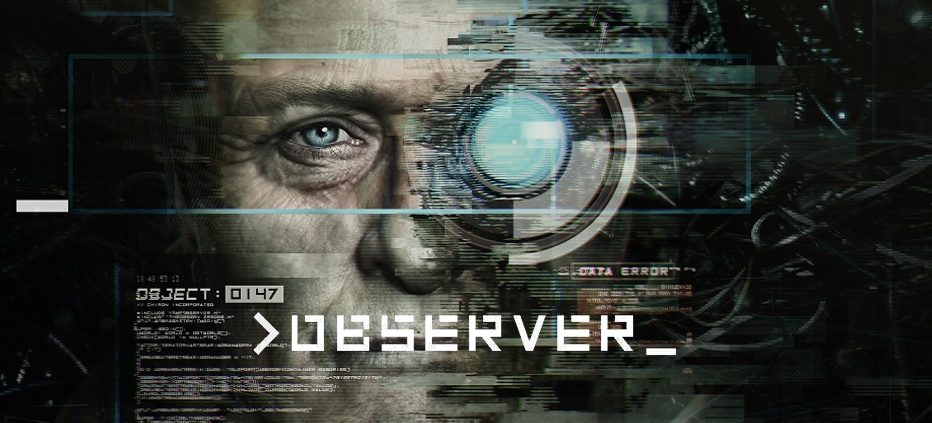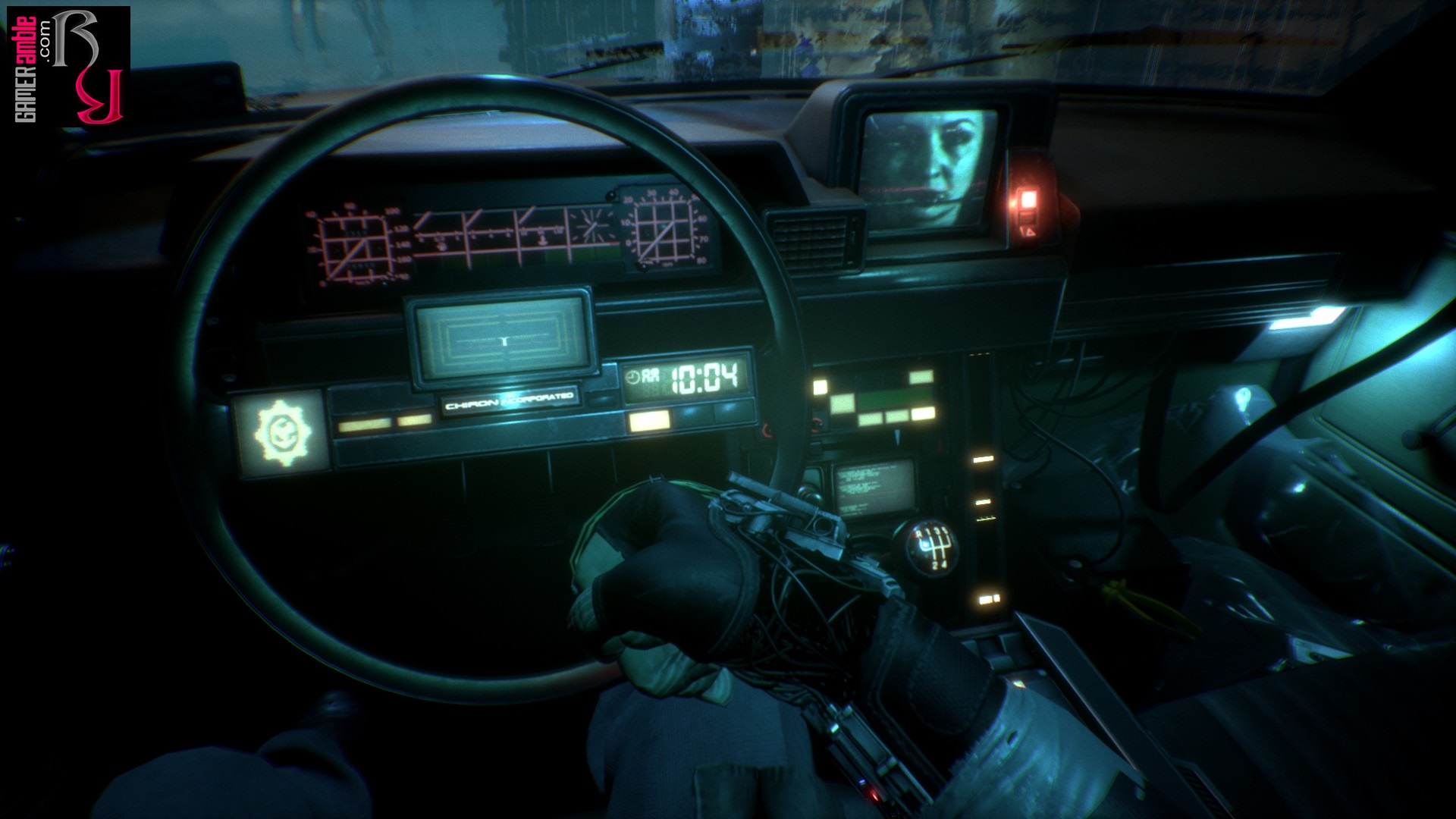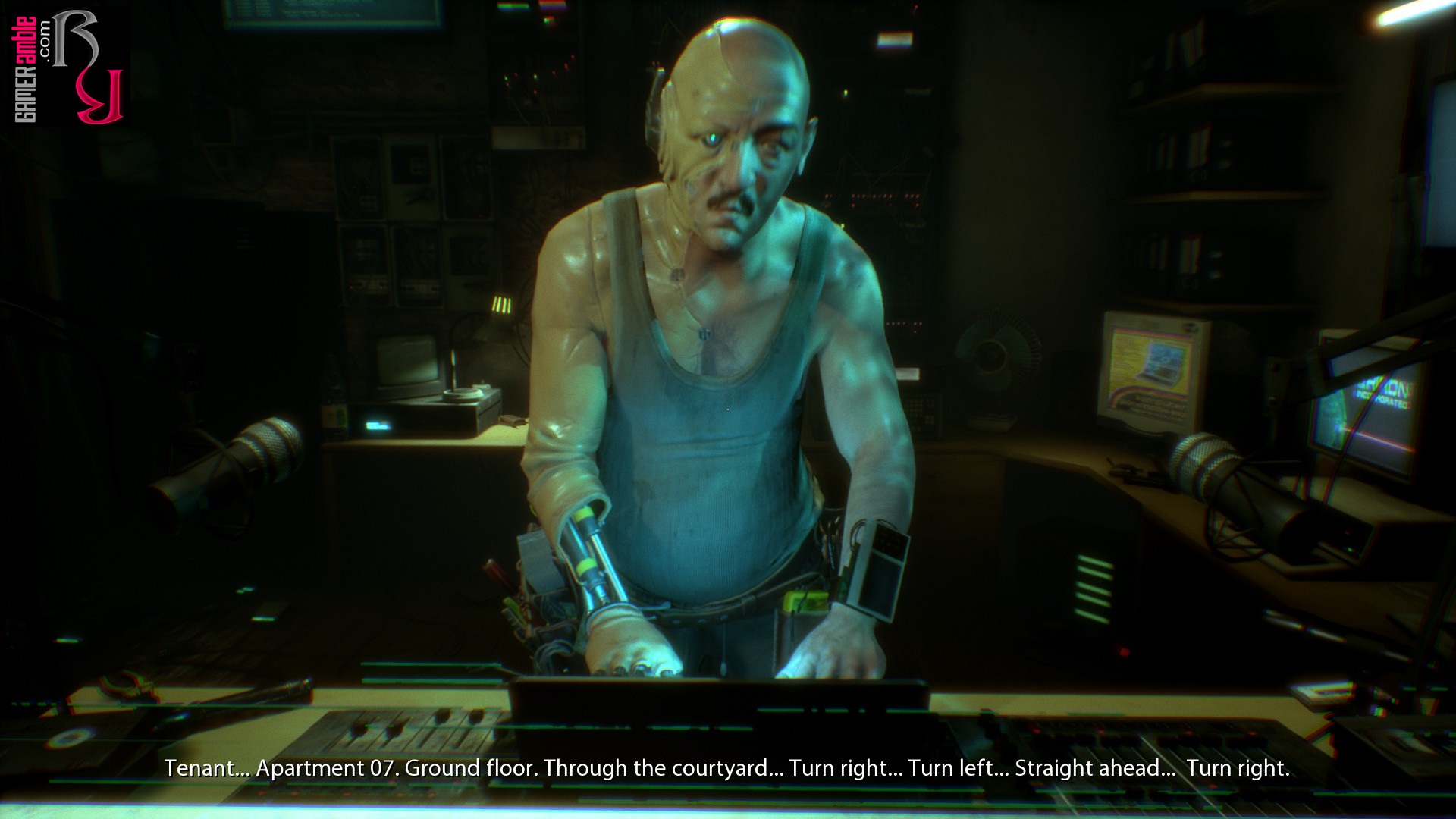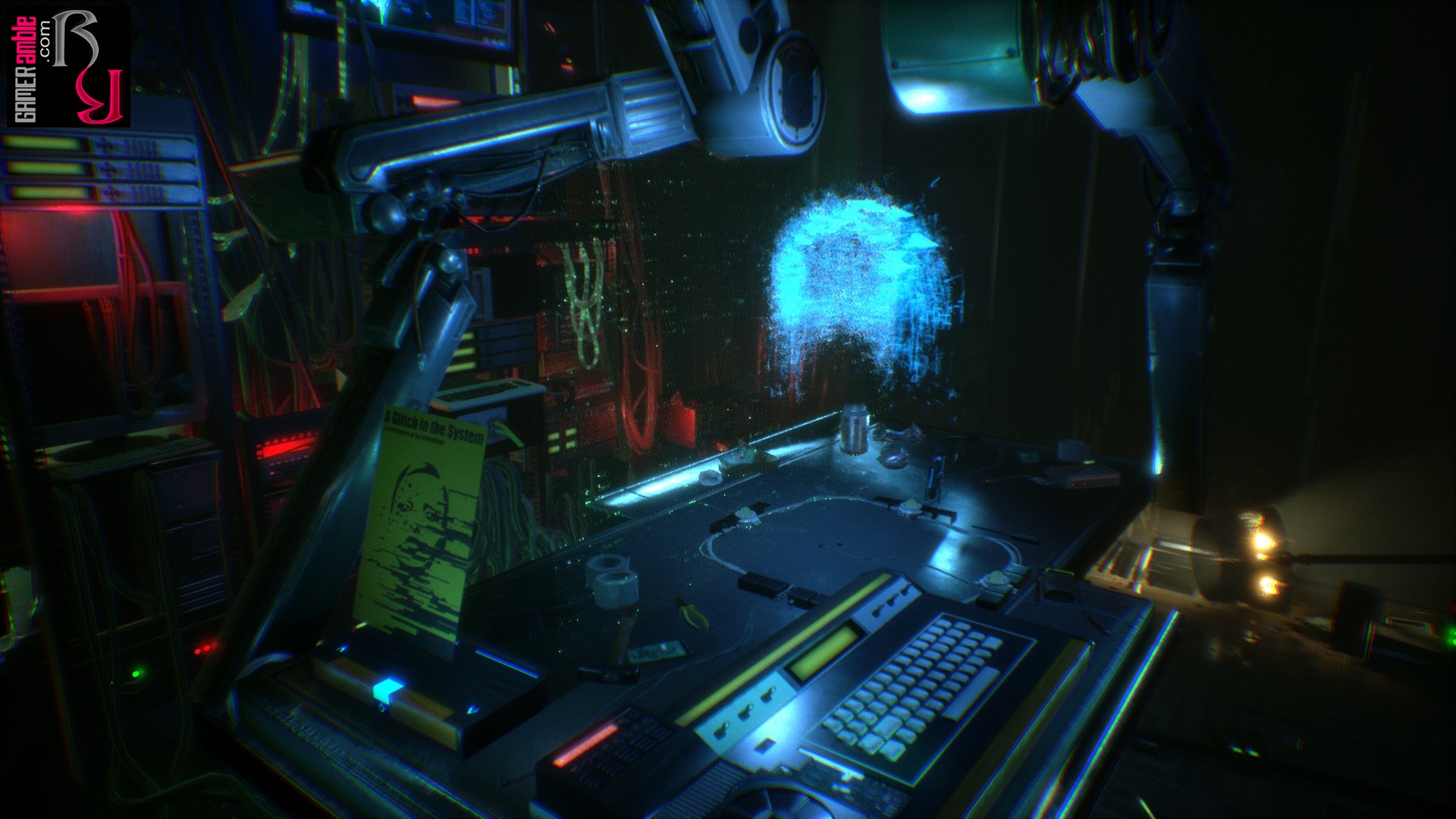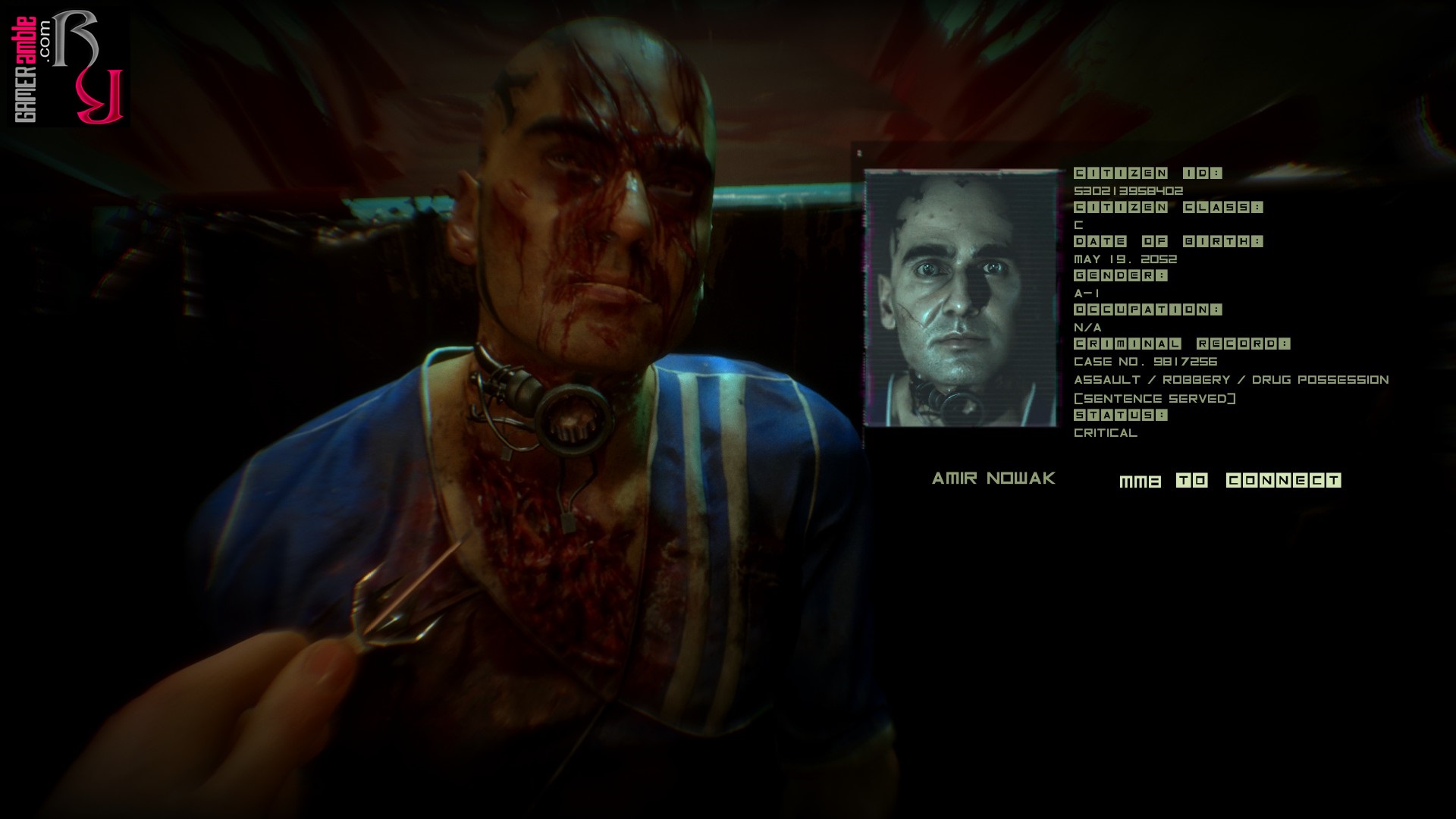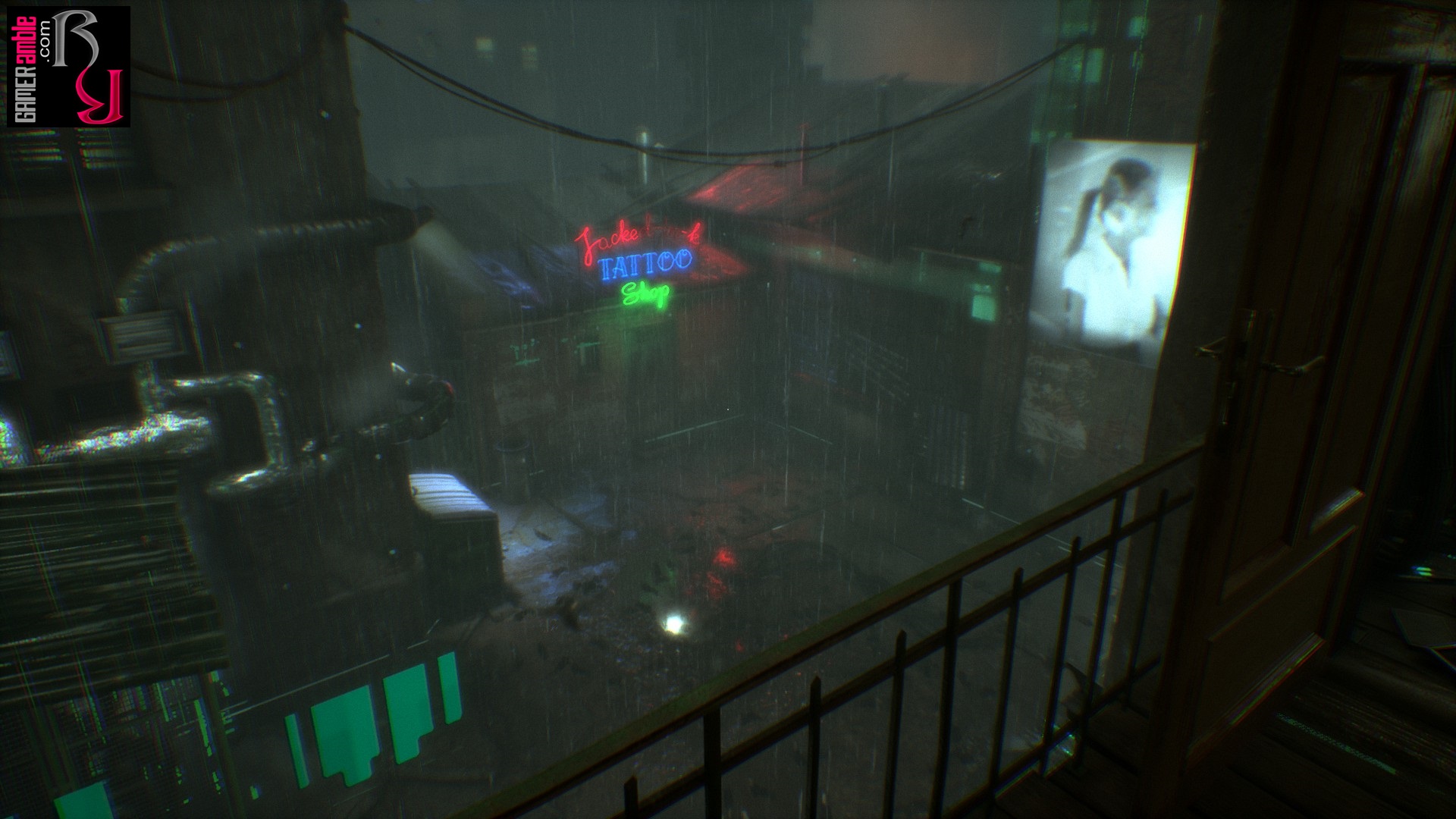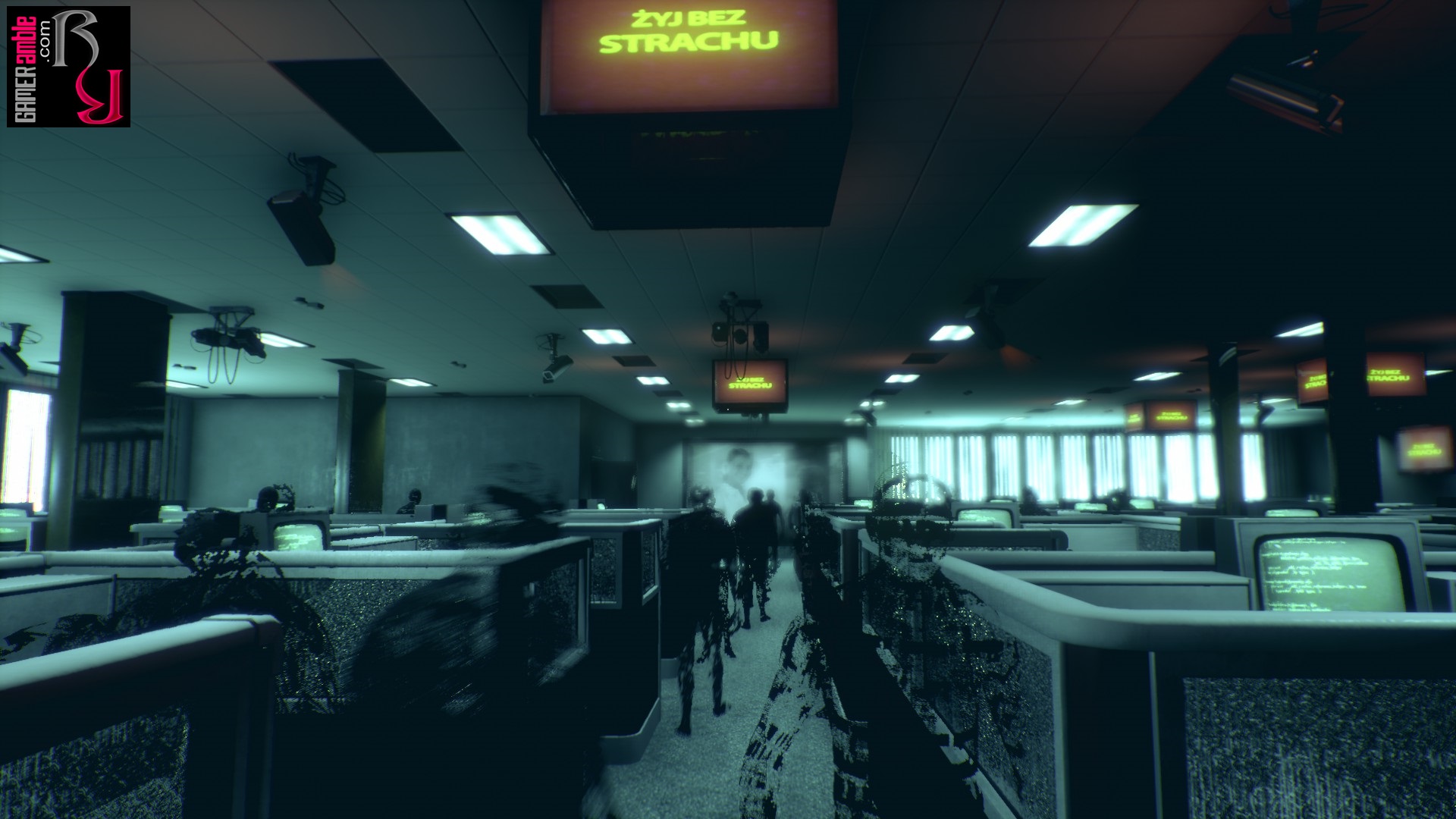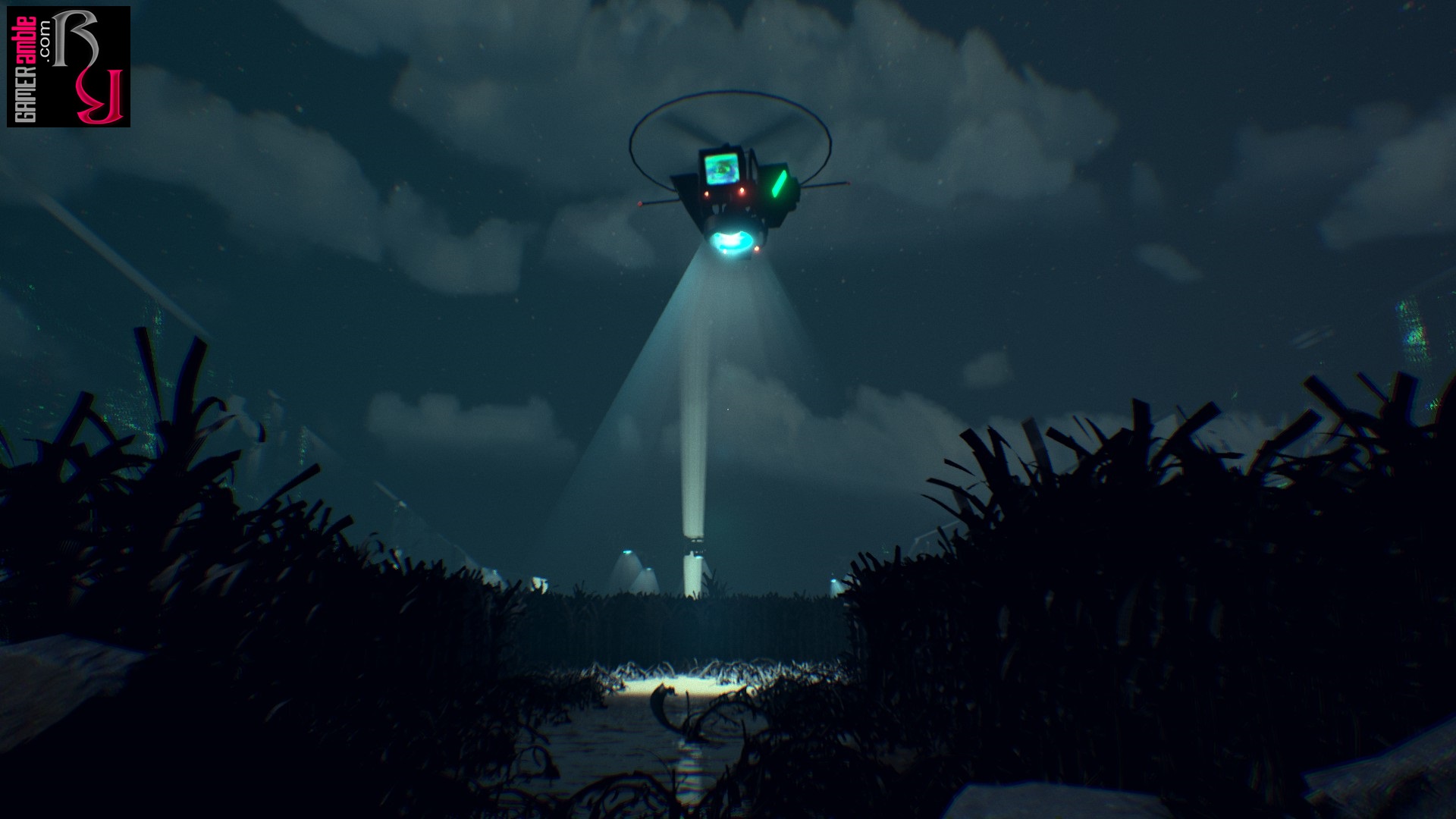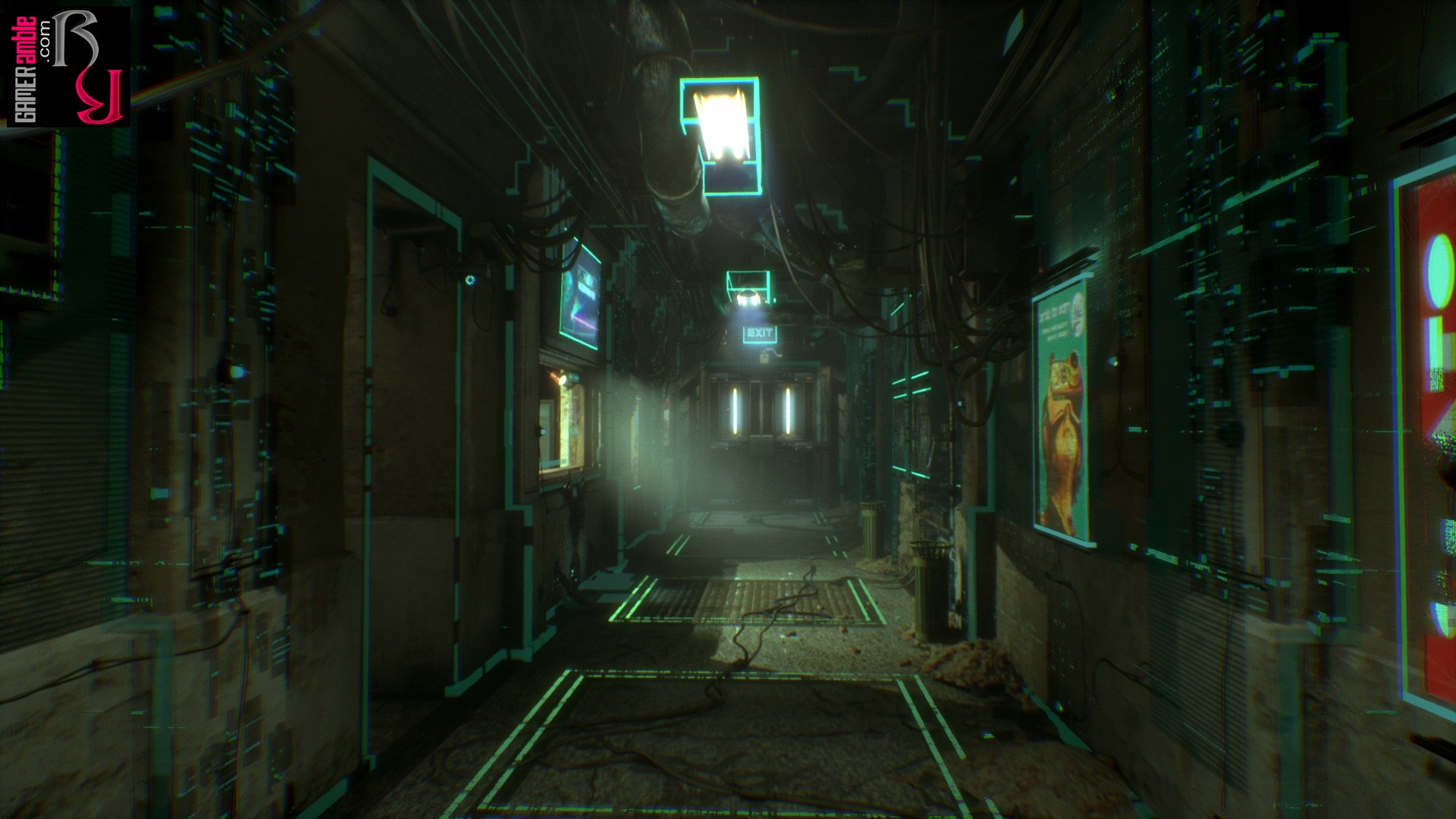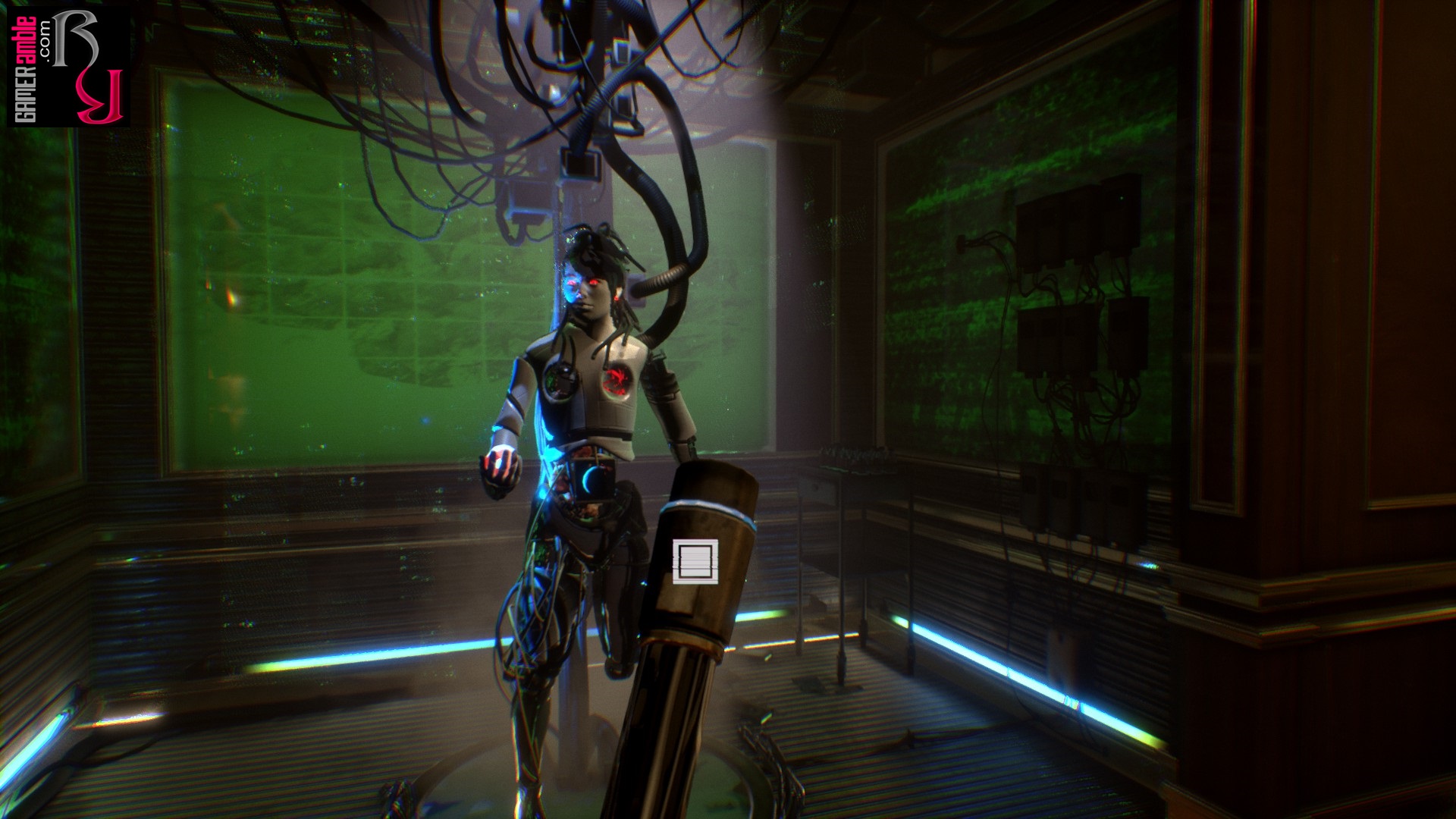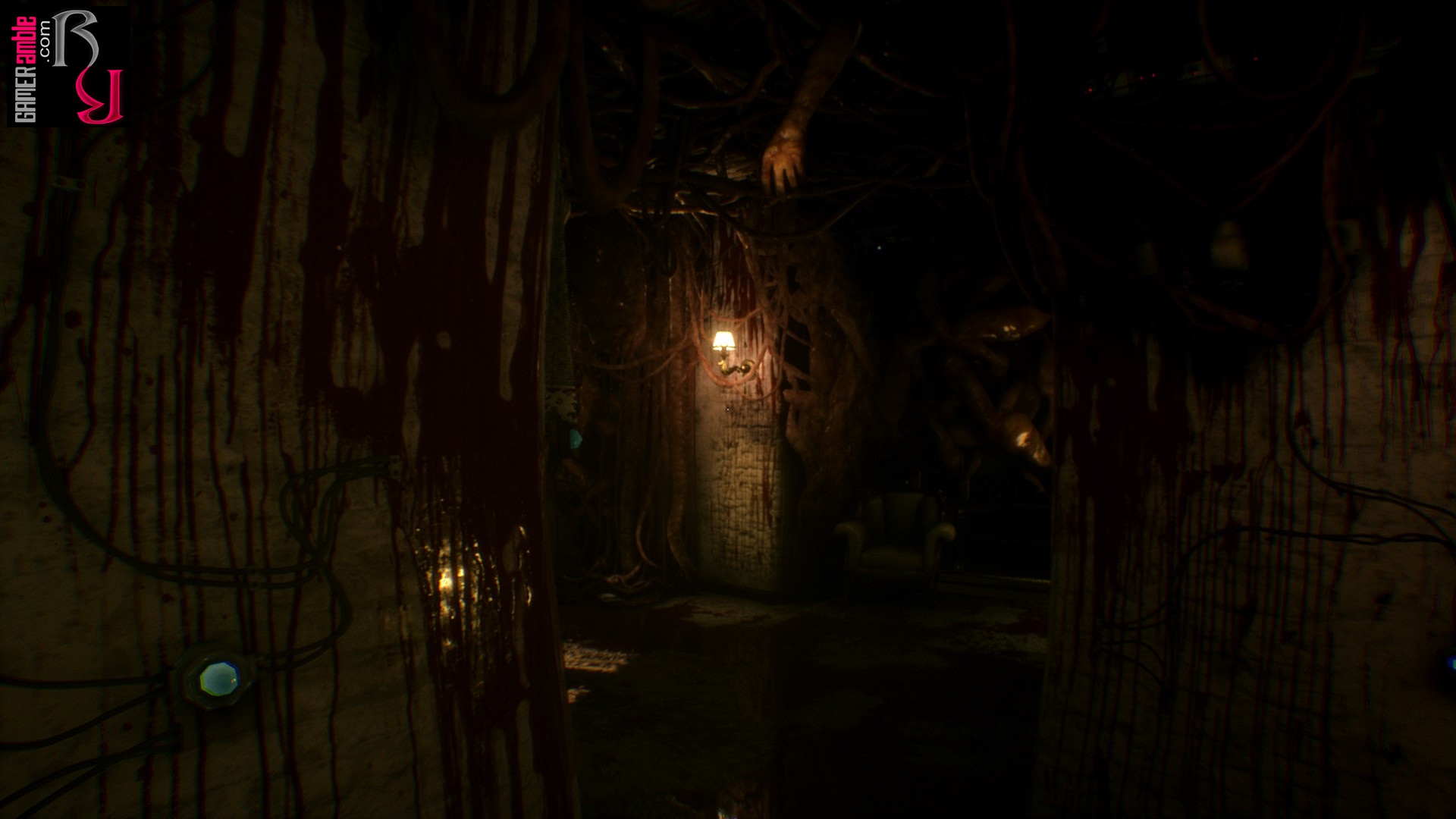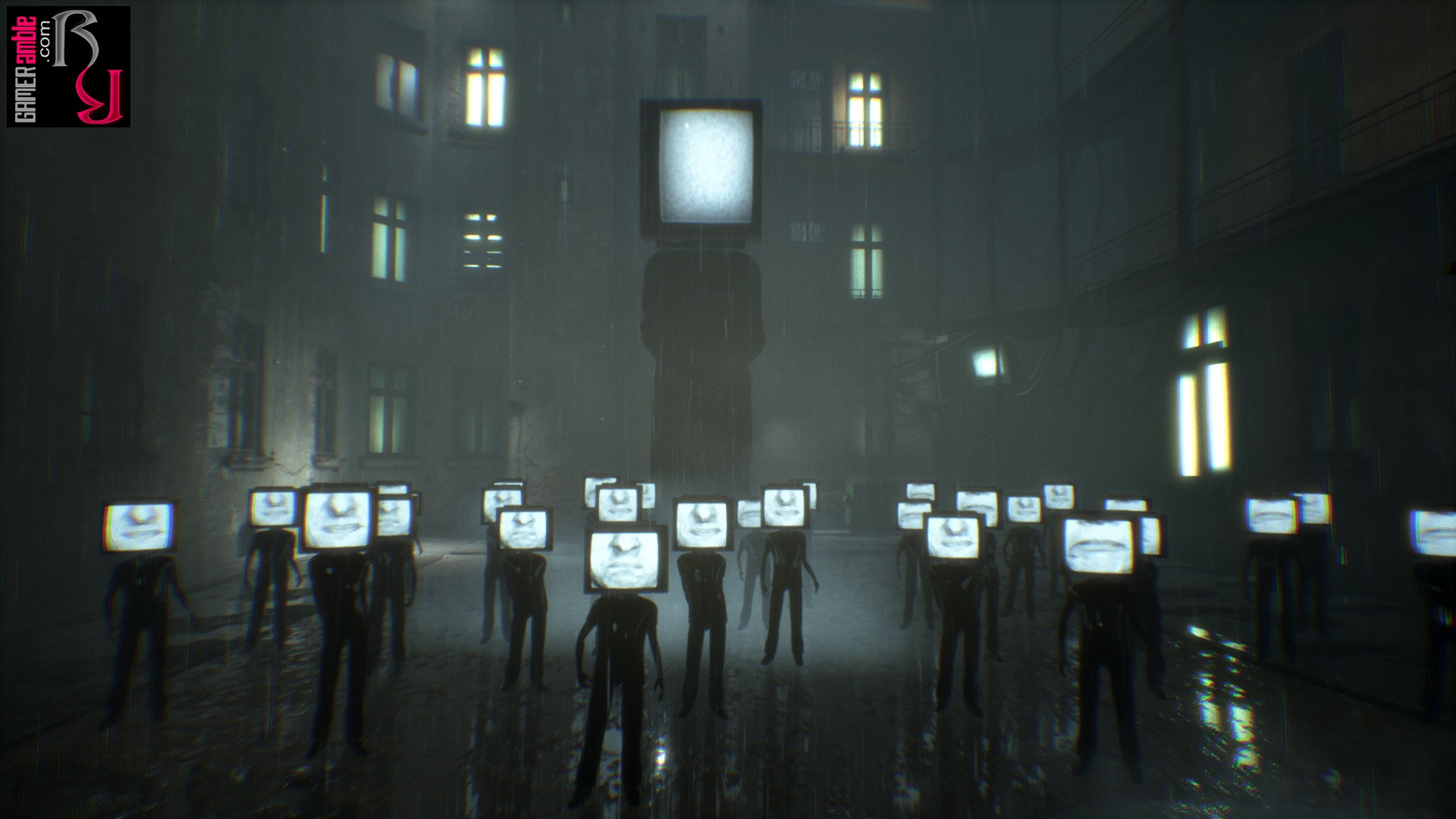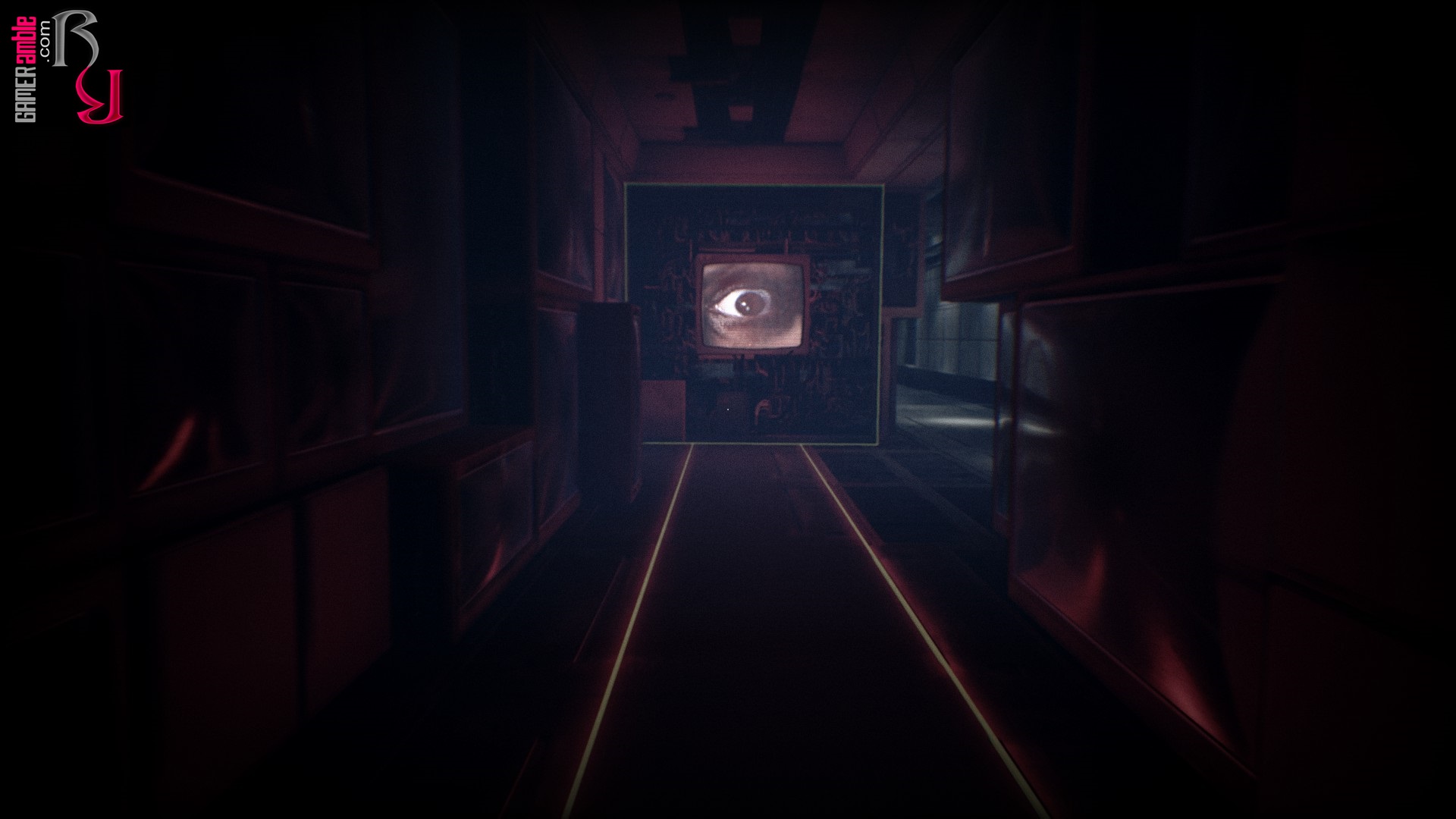>observer_
Developer: Bloober Team SA | Publisher: Aspyr | Release Date: 2017 | Genre: Adventure / Indie | Website: Official Website | Purchase: Steam
The year is 2084 and what is left of the world is not a pretty place. Humanity has fully embraced the use of technological implants for enhancement, but this led to the outbreak of a deadly plague called the Nanophage. What was left of humanity after the ravages of the Nanophage were further decimated by the War, a violent clash between the East and the West that didn’t end well for either side. It is from the ashes of all this destruction that the Chiron corporation rose to power. You step into the shoes of Dan Lazarski, a member of the neural police that is in the employ of Chiron. Your official job title is “Observer” but your methods of observation are a little more invasive than what the job title might have you believe. Thanks to your “Dream Eater,” which is an augmentation for hacking straight into the minds of people, you are called on to investigate those who cause any problems for your corporate overlords. It is not a very glamorous job and hacking into the minds of people who are often either burned out on drugs or utterly insane, takes a heavy toll on Dan.
Observer opens with Dan receiving a mysterious call from his estranged son. Dan quickly traces the origin of the call to a dilapidated apartment in a Class C district. Soon after entering the building and investigating you uncover some grisly evidence, but a lock-down is triggered, which traps you and everyone else inside. With a killer on the loose, the body count rising and nowhere to hide, you must help Dan navigate the grimy corridors of the apartment building as well as the disturbing memories of the people whose minds you hack along the way. Blooper Team, the studio behind Observer, has already proven that they know a thing or two about horror with their previous release, Layers of Fear. Observer might be set in a cyberpunk universe, but it definitely shares some similarities with Layers of Fear and thrives on delivering the same kind of tension that will keep you on the edge of your seat.
The focus of Observer is on exploring your environments and finding clues that will reveal more about what is really going on. This means that the pace of the game is quite slow and a lot of your time is spent simply wandering around. The majority of the game is also set inside the rundown apartment complex, which means you’ll be seeing a lot of the same environments. However, the game features some fantastic visuals that are so packed with detail that it rarely feels like a chore to navigate these environments. The people living in the building are the dregs of society, but they have carved out their own little world amongst the rubbish and decay. Most of the environments are dimly lit and extremely dirty, but a closer look reveals just how much effort has gone into the visual side of things. Power cables and computer parts can be seen virtually everywhere and the building is wired with so much hardware that it almost feels like a living entity. Plenty of post-processing effects have also been applied to the visuals to ensure that you never forgot that you are seeing the world through the augmented eyes of Dan. To make things even more unnerving, visual anomalies can begin to affect your implants during periods when Dan experiences a lot of stress, which requires the use of medication for everything to synchronize properly again.
As impressive as the “real-world” scenes look, it is when Dan enters the minds of others where the game really begins to shine. During these scenes all the rules are thrown out of the window and you never know what is going to happen next. This means that these scenes can become very surreal and, considering you’ll encounter the darkest fears of whoever’s mind you are rooting around in, quite unnerving at times. Even more disturbing, Dan eventually abandons all proper protocols and start entering the minds of people who are already dead, which is even worse. Suffice to say, as Dan dives deeper into the fears of the murder victims he encounters, his own demons also begin to surface.
Although Observer is not an action game, there are a couple of scenes where you get thrown into situations where getting caught by something results in having to restart from the last checkpoint. These scenes are generally quite short and make sense in terms of the story, but can be a little jarring and annoying. It is also made worse by the fact that the game automatically saves at certain check-points and only has one save slot. Something like this is always a cause for some concern due to the possibility of the save file getting corrupted and, unfortunately, it appears that some players have indeed been faced with this unfortunate situation. Luckily, we didn’t encounter any bugs or issues during our playthrough of Observer, but hopefully this is something that the developers will address with a future patch.
Observer is played from a first person perspective and while Dan is not able to wield any weapons he does have a couple of tricks up his sleeve. Apart from his Dream Eater augmentation, Dan can also switch to three different view modes. The first is night-vision, which is handy for some of the dimly lit areas of the game, such as the basement. Then there are two additional view modes that allow you to scan electronic or biological items for more information and clues. We would have liked to see this aspect of the game fleshed out a little more, but it is a nice touch nonetheless.
While there is no shortage of residents in the apartment, all of them are barricaded behind their doors, which means conversations occur via the communication devices that are bolted to their doors. Most of them are not very enthusiastic about an Observer banging on their door and asking questions, which means you have your work cut out for you if you want to get information out of them. It doesn’t help that most of the residents are either on drugs, addicted to VR or just plain disturbed either. Thanks to some decent voice acting the conversations rarely feel like a hassle and we found ourselves knocking on every door just to hear who is lurking behind it. Speaking of voices, Blooper Team managed to secure Rutger Hauer to lend his gravelly voice to Dan Lazarski, which is a perfect fit for the character. Hauer is perhaps best known for his portrayal of Roy Batty in Blade Runner, and while he hasn’t shown any signs of slowing down since then, this is the first time that he has been involved in a video game as far as we know. Some unnerving use of sound effects and atmospheric background music further contributes to the tense atmosphere of the game.
While we would hesitate to call Observer outright scary, it does have plenty of disturbing elements and a couple of scenes are quite unnerving to say the least. Players expecting a full-on fright fest will likely be disappointed by the slower pace of the game, but those who can appreciate a game with a brooding atmosphere will have fun. If we have any criticism, it is that large parts of the game involve slowly walking around similar looking environments, which is definitely not going to be everyone’s cup of tea. However, Observer totally nails the cyberpunk atmosphere and delivers an experience that is very memorable. If you are looking for action, combat and lugging around an inventory full of items, then Observer is not what you want. On the other hand, if you want a game where you can really soak in the cyberpunk atmosphere, marvel at the sheer surreal spectacle of some of the brain hacking sequences and enjoy an interesting storyline then this is the game for you.
System Requirements
- OS: Windows 7
- Processor: Intel Core i3 (3.4 GHz) / AMD A8-6700 (3.1 GHz)
- Memory: 8 GB RAM
- Graphics: NVIDIA GeForce 660 / AMD R9 270
- DirectX: Version 11
- Storage: 10 GB available space

